|
American Minute with Bill Federer
The Holy Devil: Rasputin& Bolshevik Revolution-Lenin, Stalin & Solzhenitsyn’s Warning to America!
|
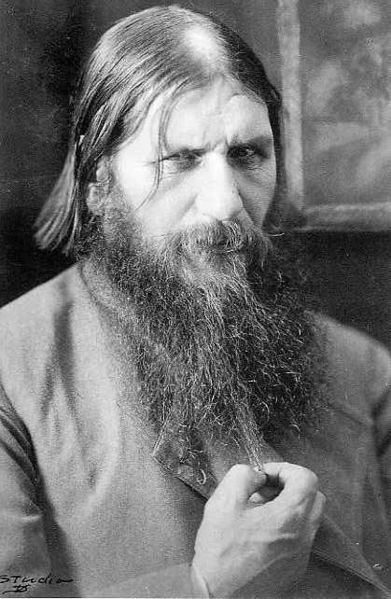
Rasputin, described as “The Holy Devil,” moved to St. Petersburg in 1906 and began to gain access to the royal family of Tsar Nicholas II.
Posing as a mystic, Rasputin was known for strange prophecies, claims of superstitious healing powers, and sexual excesses.
As the Tsar and his family came under Rasputin’s spell, the monarch’s credibility suffered, his authority was undermined, and public distrust spread. At this time, Tsar Nicholas escalated his father’s policy of restricting Jews and implementing a full anti-Jewish “pogrom” of cruel persecution.
More then 2 millions Jews fled, many to the United States. It was a tragedy, which, in a way, spared them from future Russian tragedies.
World War I started in 1914. Fighting raged from Europe to the Middle East.
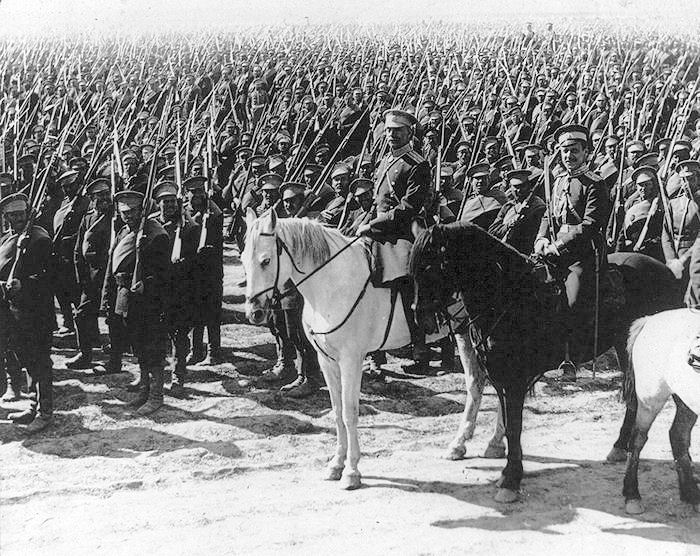
The Tsar sent 3 million Russian soldiers west to fight Germany’s Kaiser Wilhelm II.
Unprepared to face German heavy artillery, over 78,000 Russians were killed or wounded and over 90,000 captured at the Battle of Tannenberg, August 26-30, 1914.
Within a year, over 1.4 million Russian soldiers were killed and nearly a million captured. Russian General Denikin described: “The German heavy artillery swept away whole lines of trenches, and their defenders with them. We hardly replied. There was nothing with which we could reply. Our regiments, although completely exhausted, were beating off one attack after another by bayonet … Blood flowed unendingly, the ranks became thinner and thinner and thinner. The number of graves multiplied.” Russia’s disillusionment with the Tsar grew. This, together with severe cold weather and food shortages, allowed Vladimir Lenin’s community organizers to agitate and fan unrest, leading to the Bolshevik Revolution–Red October of 1917. Lenin distributed propaganda, incited class warfare, provoked strikes, staged bank robberies, attacked police, and ordered assassinations. Embracing Karl Marx’s socialism, Lenin forced the Tsar from power, seized control of the government, then proceeded to arrest, imprison, and execute tens of thousands of Russians in a Red Terror.
Tsar Nicholas II and his family were executed. Because there were relatively few revolutionaries, they used terror as a tactic to coerce people to hurriedly surrender their freedoms to a totalitarian government. Lenin wrote: “It is necessary–secretly and urgently to prepare the terror.” To his revolutionaries in the city of Nizhny Novgorod, Lenin ordered in a telegram: “to introduce mass terror.”
Lenin instructed on how to treat “kulak” farmers: “Comrades! The kulak uprising in your five districts must be crushed without pity … You must make example of these people. Hang (I mean hang publicly, so that people see it) at least 100 kulaks, rich bastards, and known bloodsuckers. Publish their names. Seize all their grain. Single out the hostages per my instructions in yesterday’s telegram. Do all this so that for miles around people see it all, understand it, tremble, and tell themselves that we are killing the bloodthirsty kulaks and that we will continue to do so … Yours, Lenin. P.S. Find tougher people.” The policy of “dekulakization” –the killing off of millions of independent “kulak” farmers–removed those who could challenge Lenin’s power. It also had the unanticipated consequence of devastating food production, resulting in the horrendous national famine of 1921-22, where an estimated 5 million died. Bolsheviks replaced the Christian religion with a materialistic atheism. Church property was confiscated or destroyed. Free speech and free press were prohibited. Private property was abolished.
Centralizing power, Vladimir Lenin explained: “The goal of socialism is communism.” In 1924, as Lenin lay dying, suffering from incessant headaches, Joseph Stalin usurped power, even circulating a fake photo doctored to have him sitting next to Lenin. Stalin then ruled as an absolute dictator of the Soviet Union.
“The Soviet Union … is run by a dictatorship as absolute as any other dictatorship in the world.”
Stalin’s “Great Purge of 1936-38” executed an estimated 1.2 million Communist Party members, government officials, military leaders, and peasants who were accused of being disloyal. Simply a rumor of holding politically incorrect views or associating with “enemies of the people,” could result in someone losing their job, being arrested and executed, or being one of the 4.5 million sentenced to “gulag” labor camps.
Get the book RISE OF THE TYRANT Solzhenitsyn was detained for writing a letter criticizing Joseph Stalin. He spent 11 years in “gulag” labor camps.
Alexander Solzhenitsyn began secretly compiling horror stories of life in the gulags. For several years of his imprisonment, 1947-52, he was denied pen and paper, so he composed and memorized chapters as poems.
He put these accounts into his book The First Circle, 1968, and then The Gulag Archipelago.
An “archipelago” is a chain of islands in the ocean. Solzhenitsyn used this metaphor to describe a chain of FEMA-style citizen detention camps across Russia.  Similar camps were used in the U.S. as part of Democrat President Andrew Jackson’s Indian Removal Act of 1830, in which some 13,000 Cherokee were forced off their lands into camps before being marched to Oklahoma.
In 1942, Democrat President Franklin Roosevelt’s Executive Order 9066 forcibly relocated an estimated 120,000 to Japanese internment camps.
FDR also drove thousands off their lands to establish the Great Smokey Mountain National Park in 1934, condemning and evicting entire communities, forcing them to abandon generational homes, farm buildings, mills, schools, and churches.
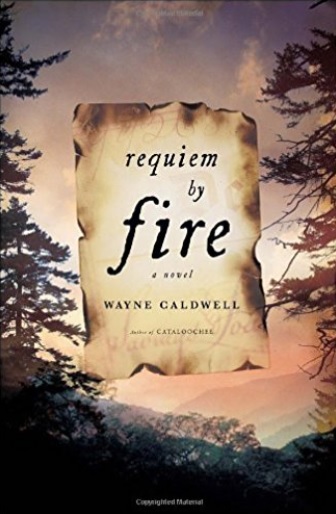 Accounts of these Federal evictions are in Wayne Caldwell’s Requiem by Fire (Random House, 2009) and memorialized in Carol Elizabeth Jones’s ballad, “Leaving Cataloochee.”
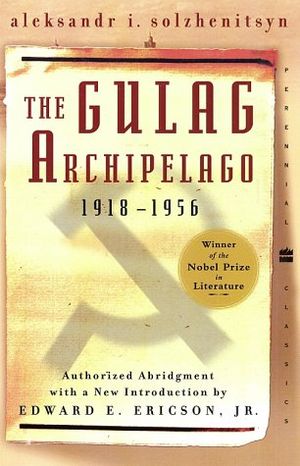
Alexander Solzhenitsyn’s writings were smuggled out of the Soviet Union and translated. They quickly became internationally popular, leading him to receive the Nobel Prize for Literature in 1970.
In his Nobel Prize acceptance speech, Solzhenitsyn wrote: “During all the years until 1961, not only was I convinced I should never see a single line of mine in print in my lifetime, but, also, I scarcely dared allow any of my close acquaintances to read anything I had written because I feared this would become known.” International pressure led to Solzhenitsyn being expelled from Russia on February 12, 1974. Wanting to warn the naive youth of America of horrible realities of socialism, Alexander Solzhenitsyn stated in Washington, D.C., June 30, 1975: “In pre-revolutionary Russia … there were attempts on the Tsar’s life … During these years about 17 persons a year were executed … … The Cheka (Lenin’s Communist Secret Police) … in 1918 and 1919 … executed, without trial, more than a thousand persons a month! …
… At the height of Stalin’s terror in 1937-38 … more than 40,000 persons were shot per month! Here are the figures: 17 a year … 1,000 a month, more than 40,000 a month!” Solzhenitsyn wrote in The Gulag Archipelago (1973): “A state of war only serves as an excuse for domestic tyranny.”
Solzhenitsyn continued: “Roosevelt, in Tehran, during one of his toasts, said … ‘I do not doubt that the three of us’ (meaning Roosevelt, Churchill and Stalin) ‘lead our peoples in accordance with their desires’ … We were astonished. We thought, ‘when we reach Europe, we will meet the Americans, and we will tell them.'” Get the book, CHANGE TO CHAINS-The 6,000 Year Quest for Global Control Solzhenitsyn continued: “I was among the troops that were marching towards the Elbe (River) …
… A little bit more and I would have … shaken the hands of your American soldiers. But just before that … I was taken off to prison and my meeting did not take place … After a delay of 30 years, my Elbe is here today. I am here to tell you … what … we wanted to tell you then.” Stalin used a tactic called “psychological projection” or blame-shifting, where a politician publicly accuses his opponents of what he himself is privately guilty of. In Communism-A History (Random House, 2001) author Richard Pipes described how Stalin used a government fabricated crisis–which he blamed on his opponents–as an excuse for the government to seize more power: “Stalin’s regime needed another crisis … as Fidel Castro, the leader of Communist Cuba, would explain … ‘The revolution needs the enemy. .. The revolution needs for its development its antithesis’ … And if enemies were lacking, they had to be fabricated …” Pipes continued: “In 1934, a prominent Bolshevik, Sergei Kirov, the party boss of Lenningrad, was assassinated under mysterious conditions … evidence points to Stalin … Kirov was gaining too much popularity in party ranks for Stalin’s comfort. … His assassination brought Stalin two advantages: it rid him of a potential rival and provided a rationale for instigating a vast campaign against alleged anti-Soviet conspirators …” Pipes concluded: “Purges of the 1930’s were a terror campaign that in indiscriminate ferocity and number of victims had no parallel in world history … Authorities … beat them until they confess to their crimes they have not committed.” Solzhenitsyn warned Americans not to trust mainstream media, June 30, 1975: “There is a … Russian proverb: ‘The yes-man is your enemy, but your friend will argue with you’ … I am the friend … I have come to tell you … … One of your leading newspapers, after the end of Vietnam, had a full headline: ‘The Blessed Silence.’ I would not wish that kind of ‘blessed silence’ on my worst enemy … I spent 11 years in the Archipelago (labor camps) …” As to trusting government, Solzhenitsyn was quoted in The Observer, December 29, 1974, as stating: “In our country the lie has become not just a moral category but a pillar of the State.” Solzhenitsyn explained how government-run healthcare provided a cover for Stalin’s political opponents to be “diagnosed” with psychiatric problems and given compulsory “treatment”: “It is not detente (a lessening of tension) if we here … can spend our time agreeably while over there people are groaning and dying and in psychiatric hospitals. … Doctors are making their evening rounds … injecting people with drugs which destroy their brain … There are tens of thousands of political prisoners in our country … under compulsory psychiatric treatment.”  This is similar to the U.S. government’s 40 year long Tuskegee Syphilis Experiment, where black men infected with syphilis were allowed to died, being regularly examined by government health-care workers as to the how the disease progressed.
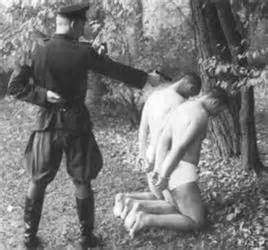
Solzhenitsyn went on: “You know the words from the Bible: ‘Build not on sand, but on rock’ … Lenin’s teachings are that anyone is considered to be a fool who doesn’t take what’s lying in front of him. If you can take it, take it. If you can attack, attack. But if there’s a wall, then go back … Communist leaders respect only firmness and have contempt and laugh at persons who continually give in to them …” This is similar to the Islamic concept of “hudna,” namely, when you are strong, attack; when you are weak, make treaties until you get strong enough to attack. Solzhenitsyn concluded his speech in Washington, D.C., June 30, 1975, with a warning about the “social justice” movement: “I … call upon America to be more careful with its trust … Prevent those … who are attempting to establish even finer … legal shades of equality–because of their distorted outlook … short-sightedness and … self-interest – from falsely using the struggle for peace and for social justice to lead you down a false road … They are trying to weaken you; they are trying to disarm your strong and magnificent country in the face of this fearful threat–one that has never been seen before in the history of the world … I call upon you: ordinary working men of America … do not let yourselves become weak.” Solzhenitsyn stated: “If we don’t know our own history, we will simply have to endure all the same mistakes, sacrifices, and absurdities all over again.” Solzhenitsyn wrote in The Gulag Archipelago (1973): “If only there were evil people somewhere insidiously committing evil deeds, and it were necessary only to separate them from the rest of us and destroy them. But the line dividing good and evil cuts through the heart of every human being. And who is willing to destroy a piece of his own heart?” Solzhenitsyn stated n an interview with Joseph Pearce (St. Austin Review 2 no. 2, February, 2003): “Untouched by the breath of God, unrestricted by human conscience, both capitalism and socialism are repulsive.” In 1983, Solzhenitsyn received the Templeton Prize for Progress in Religion, stating: “We can only reach with determination for the warm hand of God, which we have so rashly and self-confidently pushed away.” Invite Bill Federer to speak: wjfederer@gmail.com 314-502-8924
|

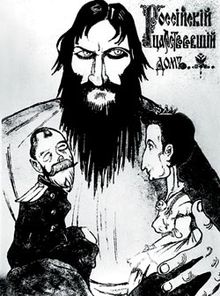

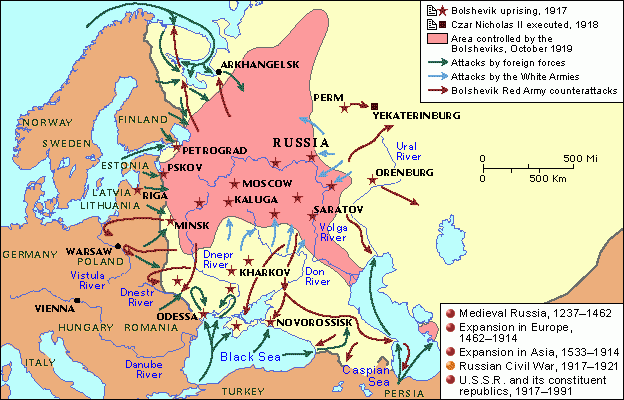

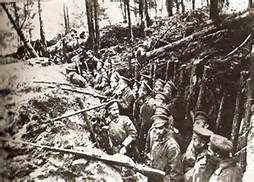
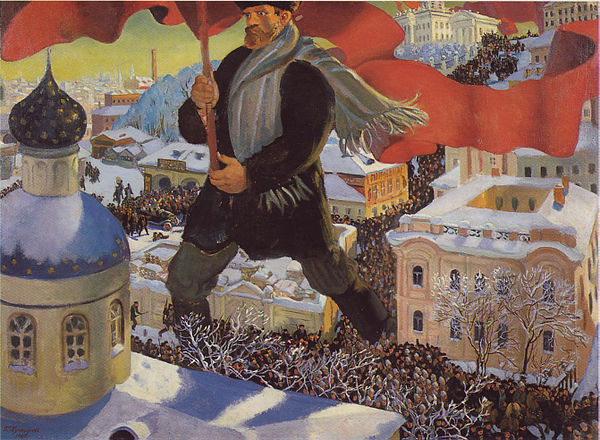
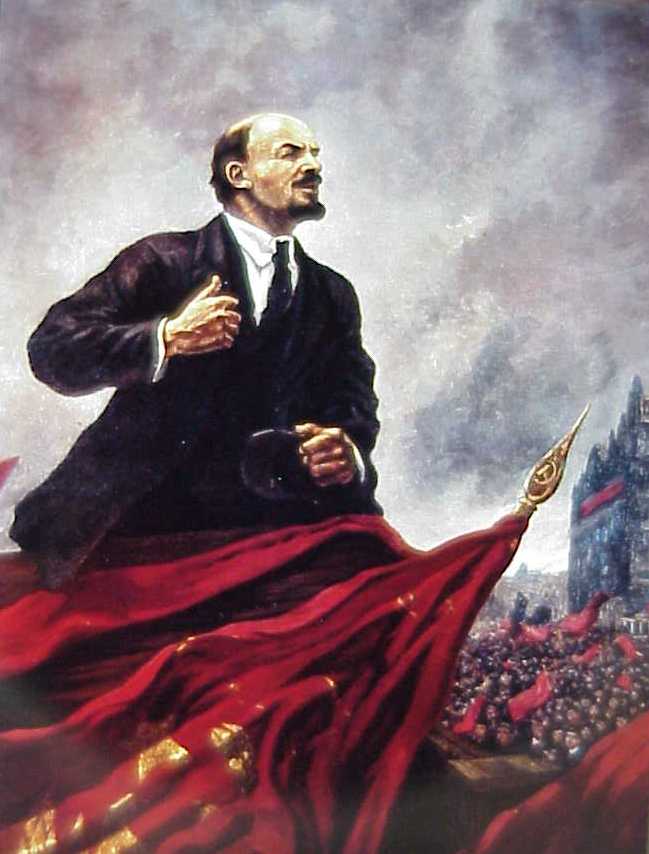
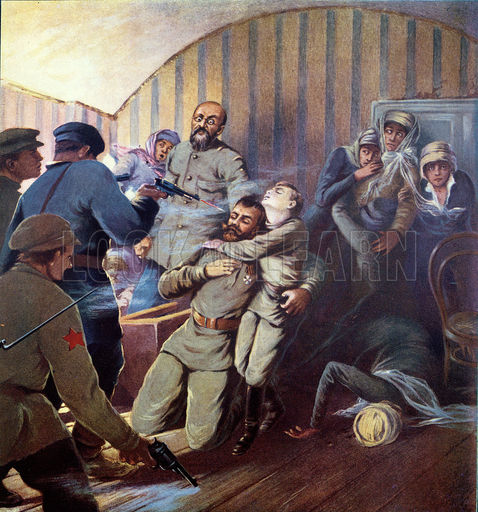
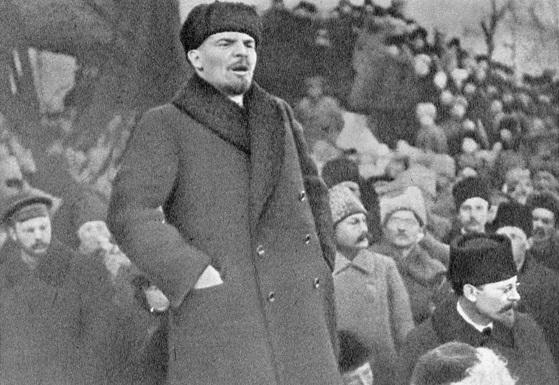
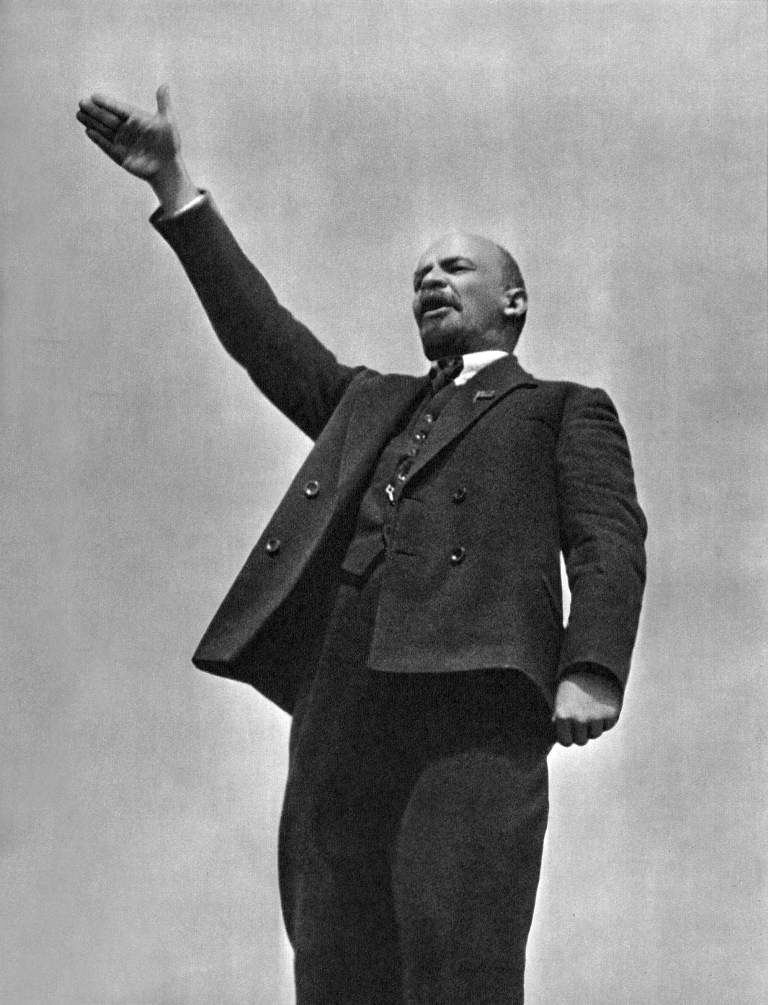
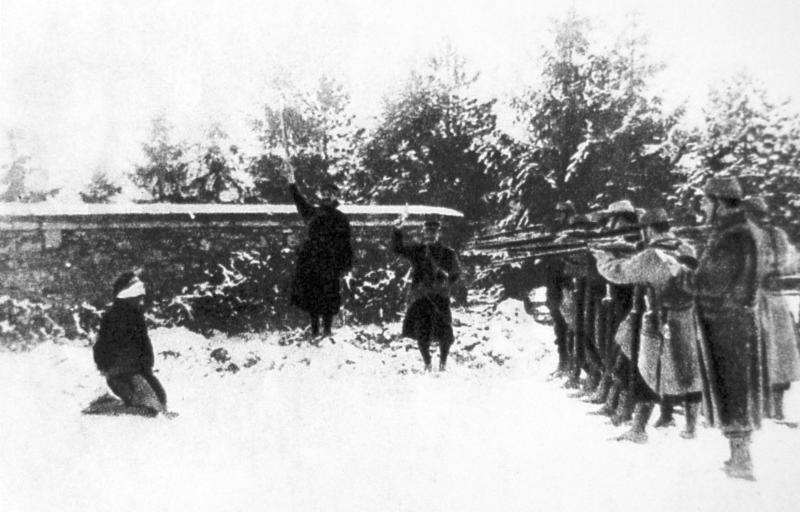
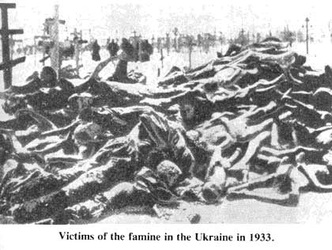
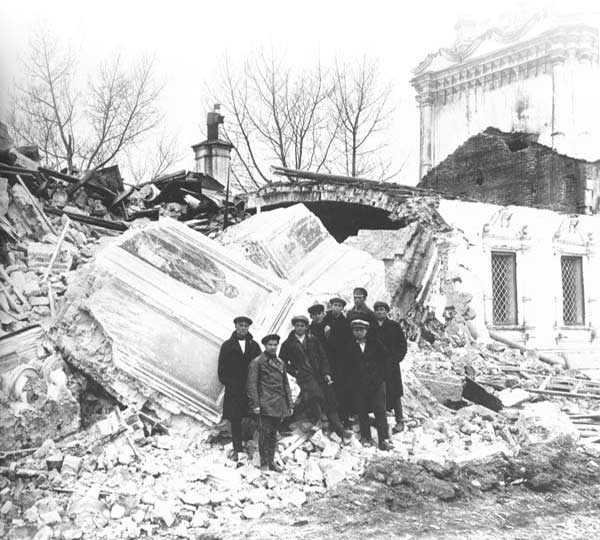


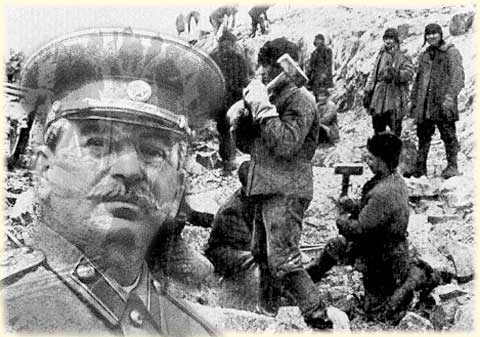
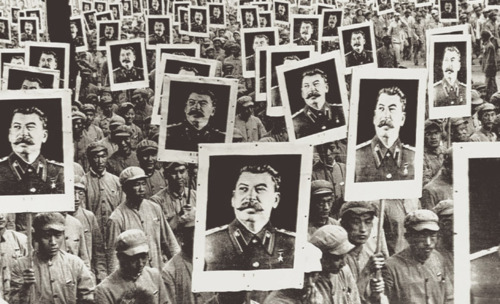
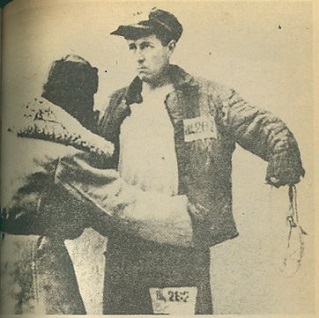
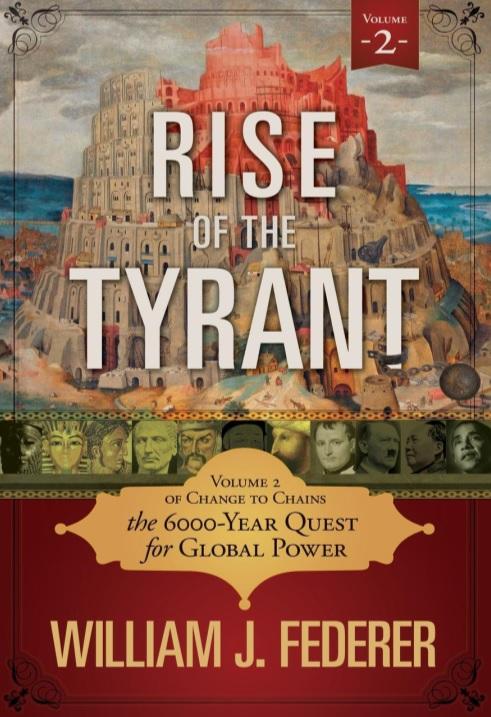
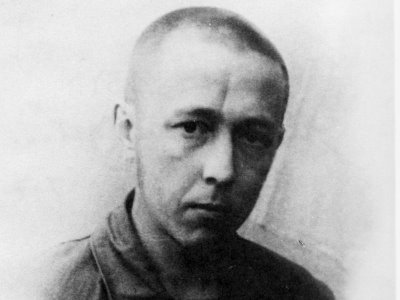
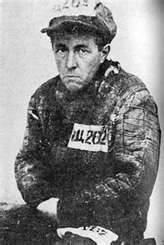
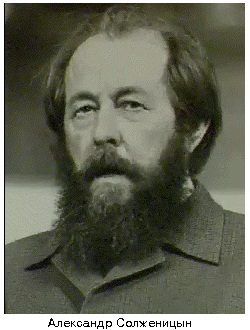
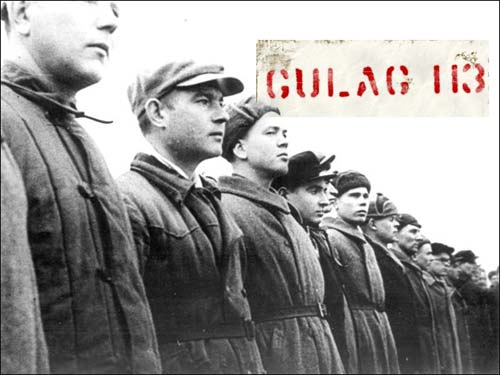



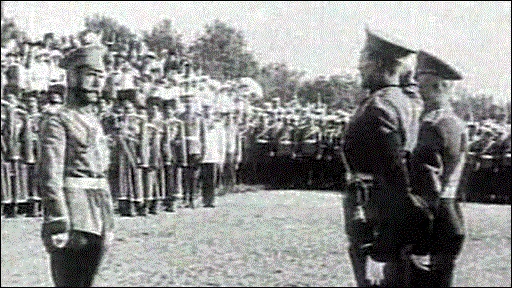
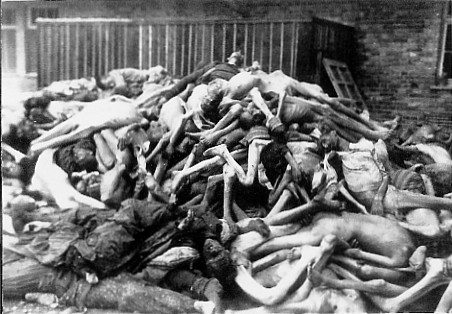
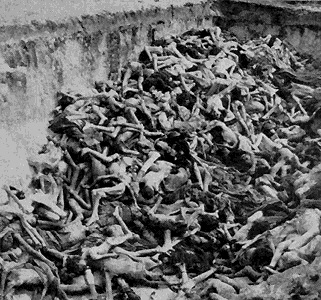
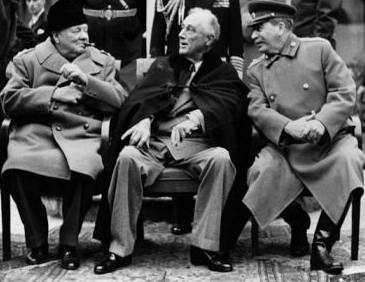


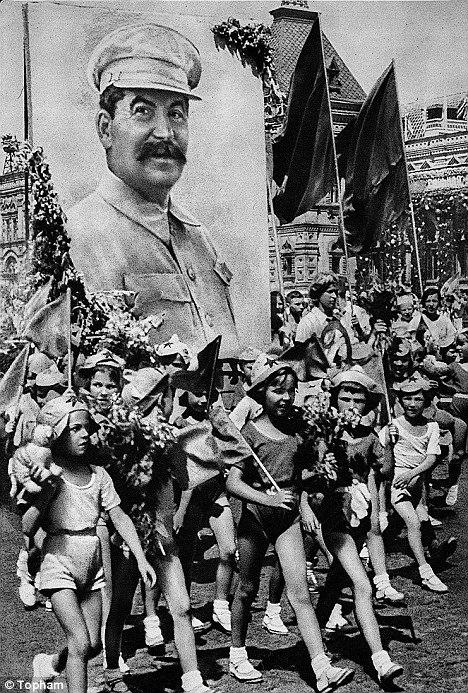
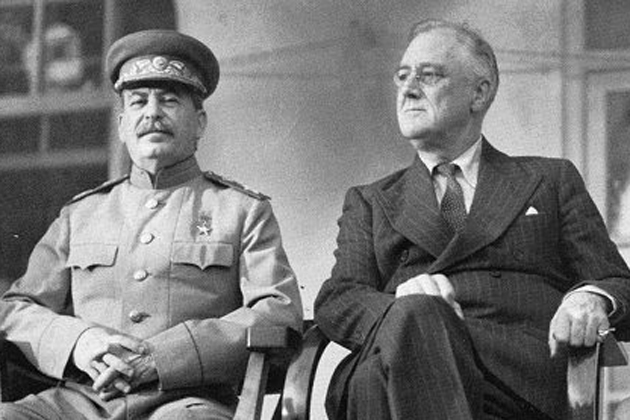
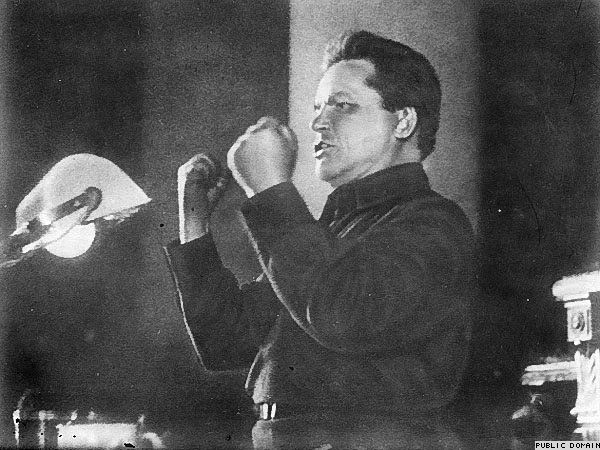
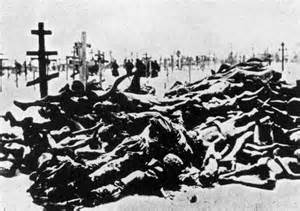
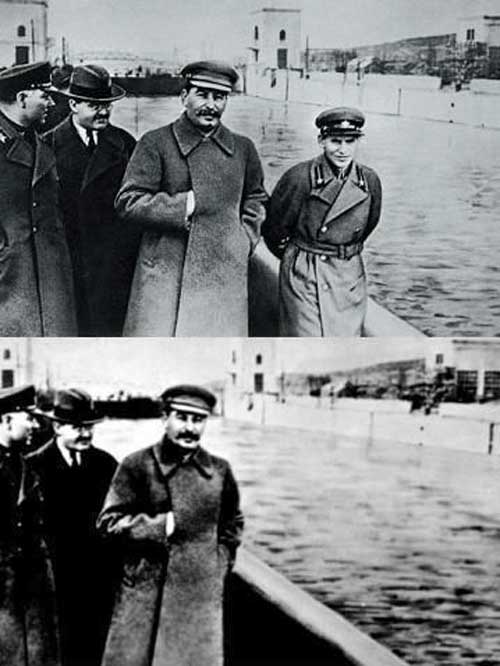
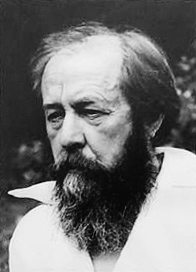
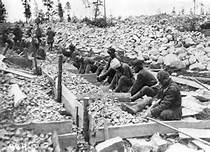
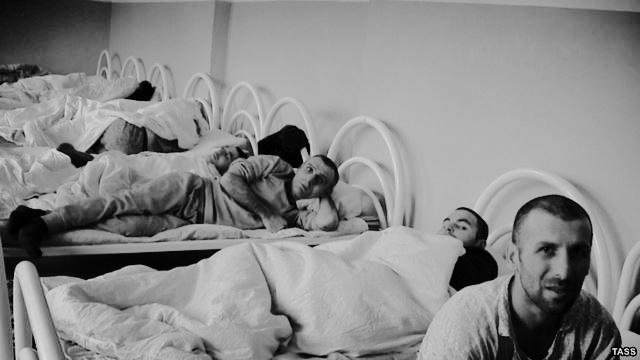
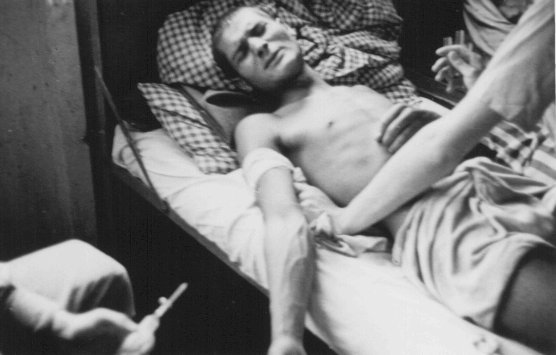
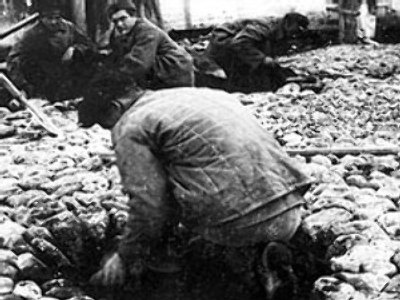
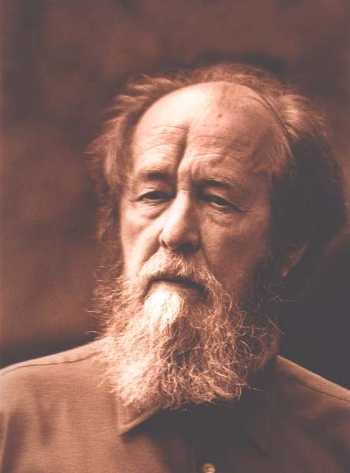



Hey! Someone in my Facebook group shared this website with us so I came to look it over.
I’m definitely enjoying the information. I’m bookmarking and will be tweeting this to my
followers! Excellent blog and amazing design and style.